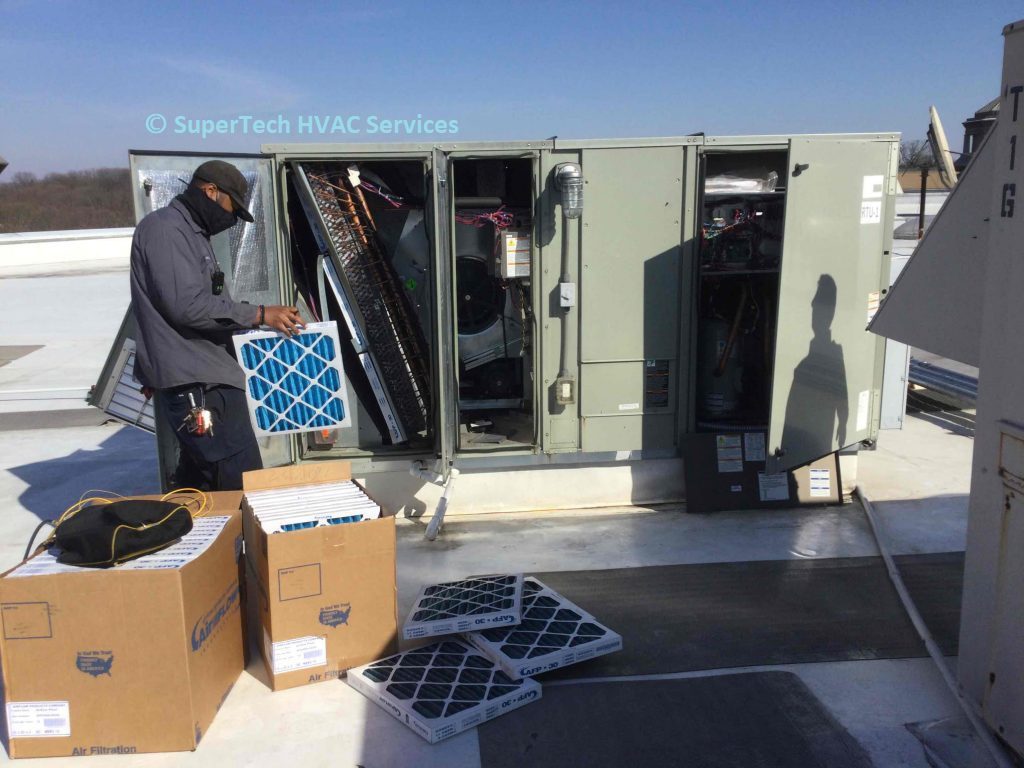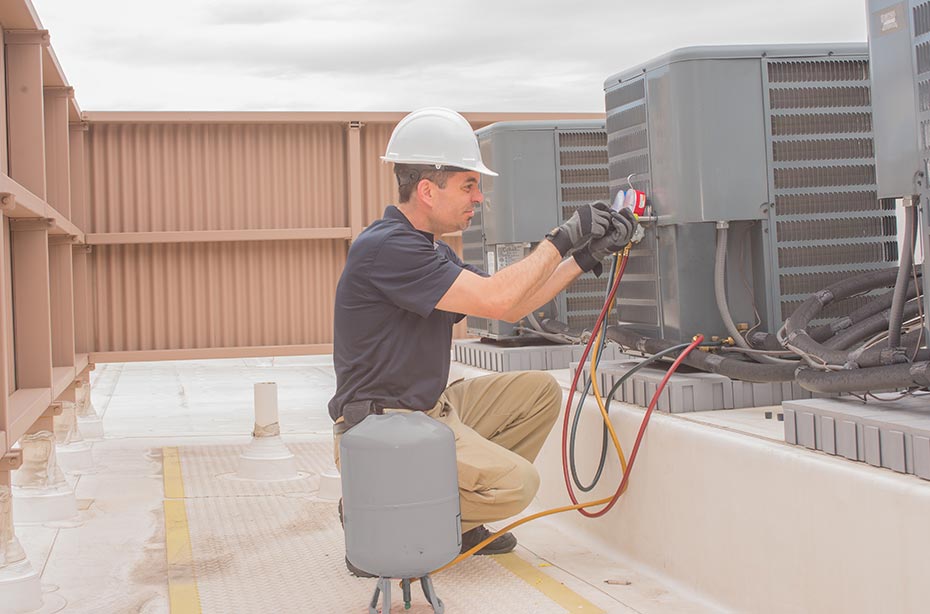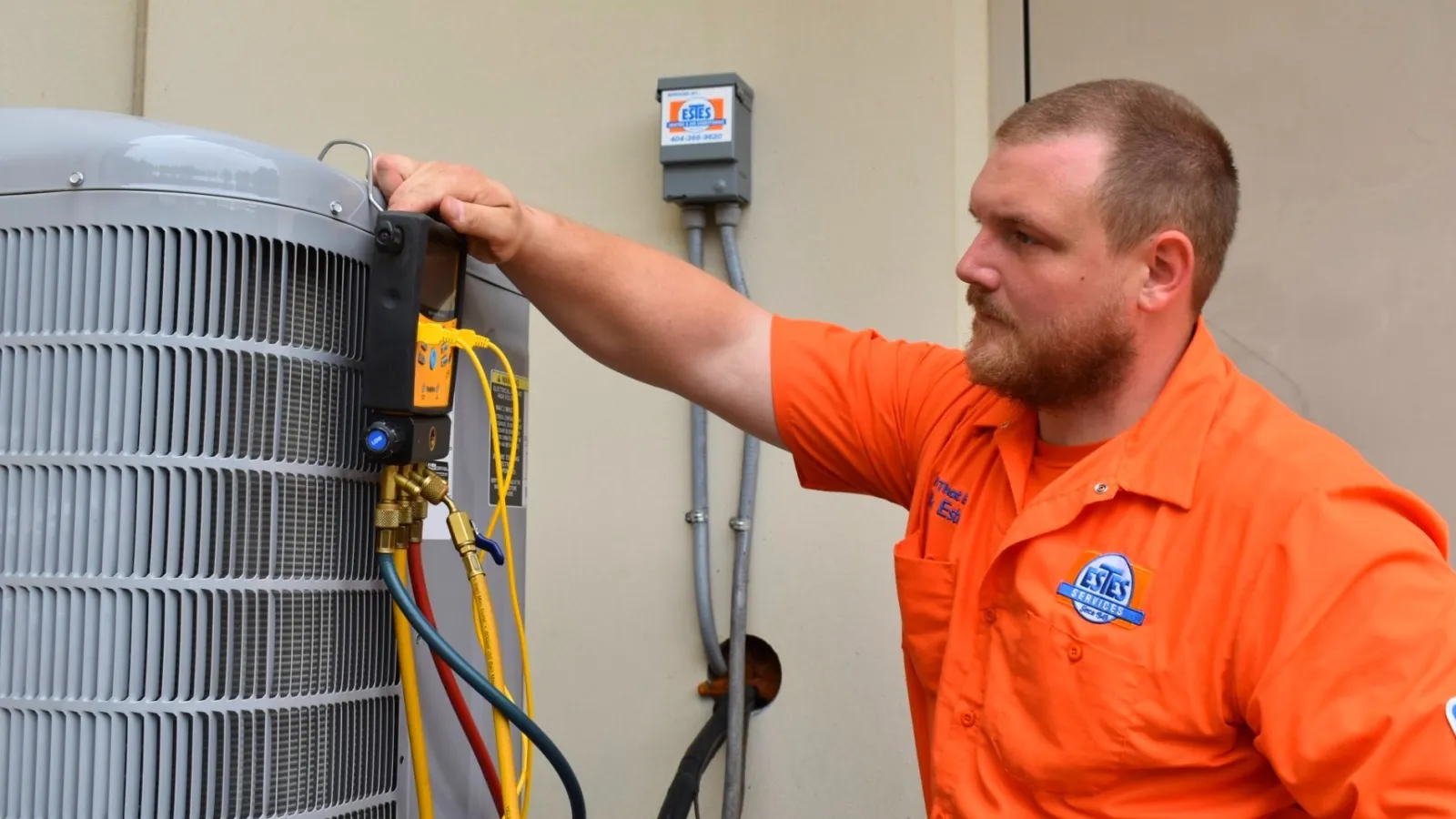Expert Tactics to Improve Indoor Air Quality with ductless mini splits
Expert Tactics to Improve Indoor Air Quality with ductless mini splits
Blog Article
How a Heatpump and Heater Work Together to Maximize Your Home's Heating Efficiency
Comprehending how a heat pump and furnace interact is essential for house owners seeking reliable home heating options. Each system has its toughness, giving a well balanced technique to home convenience. The warm pump excels in moderate temperature levels, while the furnace delivers rapid heat throughout extreme cold. This synergy not only lowers energy prices however also improves the lifespan of both home appliances. What aspects influence this collaboration, and exactly how can house owners maximize their benefits?
Understanding Warmth Pumps: Just How They Work
Lots of individuals might be unfamiliar with their inner workings, warm pumps play a vital duty in contemporary home heating systems. These tools run by moving heat from one place to one more, making use of the concepts of thermodynamics. In chillier months, a warm pump essences heat from the outdoors air, ground, or water, and transfers it inside your home to warm the living area. Conversely, throughout warmer months, it can reverse the process, acting as an air conditioner by getting rid of warmth from inside to the outside.Heat pumps are composed of an evaporator, development, condenser, and compressor valve. The cooling agent within the system soaks up warm as it evaporates at reduced temperatures and stress. The compressor after that boosts the stress and temperature of the cooling agent, allowing it to launch warm as it condenses. This efficient process can considerably reduce power consumption compared to traditional heating techniques, making heat pumps a lasting selection for climate control in homes.
The Function of Heaters in Home Heating
Heating systems play a crucial duty in home heating by offering a dependable resource of heat throughout the colder months. They run by generating warm through burning or electrical resistance, distributing it throughout the home through ducts or radiant systems. The efficiency of a heater is frequently determined by its Yearly Fuel Utilization Effectiveness (AFUE) ranking, which shows just how efficiently the unit transforms fuel into heat.Furnaces can use different power sources, consisting of all-natural gas, electrical energy, oil, or propane, permitting homeowners to select the most suitable alternative for their requirements. Unlike heatpump, which may battle in severe chilly, furnaces preserve consistent efficiency, making certain that indoor temperatures remain comfortable no matter of outside problems. In addition, contemporary heaters often come furnished with sophisticated innovation, such as wise thermostats and variable-speed blowers, boosting their efficiency and responsiveness. This versatility makes heaters a vital part in all-encompassing home heating approaches.

Benefits of Making Use Of Both Solutions Together
Incorporating the strengths of both furnaces and heat pumps can result in a more effective and effective home heating solution. Utilizing both systems permits property owners to benefit from the heatpump's power effectiveness during milder temperatures while depending on the heating system for more severe cold conditions. This twin approach can considerably decrease power prices, as warm pumps eat less power than typical home heating approaches when temperatures are moderate.Additionally, using both systems with each other can boost comfort degrees in the home. Heat pumps can supply consistent, even heating, while furnaces can promptly increase ambient temperature levels when needed. The assimilation of both systems can expand the life expectancy of equipment by decreasing wear and tear on each system, as they share the work. Ultimately, home owners can take pleasure in a well balanced, economical home heating service that readjusts perfectly to differing weather, making certain a warm and welcoming home throughout the cold weather.
Exactly How Warmth Pumps and Furnaces Complement Each Other
When home owners incorporate heatpump and heating systems, they produce a corresponding heating unit that optimizes efficiency and comfort. Heatpump operate by transferring warm from the outdoors air or ground, making them very reliable in modest environments. They succeed throughout milder temperature levels, giving cost-effective heating. Alternatively, heating systems generate warmth with burning or electrical resistance, providing strong, immediate warmth during extreme cool conditions.The combination of these two systems enables vibrant modifications based on temperature level changes. Throughout warmer months or milder winter months days, the warm pump can take the lead, preserving power and decreasing costs. As temperatures decline, the heater can effortlessly engage, ensuring consistent warmth throughout the home. This harmony not just optimizes energy use however also improves the life expectancy of both systems, as each device operates within its optimal efficiency range. With each other, they produce a balanced environment that adapts to differing climate needs.
Enhancing Efficiency: Tips for Homeowners
Homeowners can improve their home heating performance with several sensible techniques. Establishing a normal maintenance timetable, integrating smart thermostat modern technology, and carrying out effective insulation and securing remedies are crucial steps. These steps not just enhance convenience however likewise lower energy expenses.
Normal Upkeep Arrange
To guarantee optimal heating effectiveness, establishing a normal maintenance schedule is vital for any kind of home. Property owners need to focus on regular evaluations of both warm pumps and furnaces to determine peak performance. This consists of transforming air filters every one to three months, as clogged filters can substantially minimize performance. Additionally, organizing expert maintenance at the very least annually allows specialists to recognize and address possible problems before they escalate. Homeowners should additionally clean the heatpump's outdoor device to stop debris accumulation that can hinder air flow. By adhering to a routine maintenance routine, property owners not only improve their heating systems' effectiveness but also prolong their life expectancy, causing higher convenience and reduced energy expenses throughout the chillier months.
Smart Thermostat Combination
Incorporating a clever thermostat into a home heating unit can greatly improve power performance, particularly as it allows for exact control over temperature settings. These tools can learn the homeowner's timetable and preferences, immediately readjusting the temperature level to enhance convenience while decreasing energy usage. For circumstances, they can decrease home heating during times when the home is vacant, reducing unneeded consumption. Several smart thermostats additionally provide real-time energy use data, making it possible for home owners to make educated choices about their home heating practices. In addition, remote accessibility using smart device apps permits users to readjust settings from anywhere, making certain the home is cozy upon return. Overall, clever thermostat combination not only improves convenience yet substantially adds to power cost savings and efficiency.
Insulation and Securing Solutions
Smart thermostats play a vital function in power efficiency, however their effectiveness can be considerably boosted by proper insulation and securing solutions. House owners need to prioritize insulating floors, attics, and wall surfaces to decrease warm loss. Top notch insulation materials, such as spray foam or fiberglass, can significantly enhance thermal resistance. In addition, sealing spaces around home windows, doors, and air ducts protects against chilly air infiltration and heat getaway. Weatherstripping and caulking are efficient techniques for resolving these leaks - heat pump replacement ooltewah tn. Normal examinations for air leaks, wikipedia reference along with the usage of blower door examinations, can assist identify problem areas. By purchasing insulation and securing, house owners can optimize visit this site the performance of their heating unit, ultimately causing minimized energy intake and reduced utility bills
Common Myths Regarding Warm Pumps and Furnaces
What mistaken beliefs surround heat pumps and furnaces? Numerous people erroneously think that warm pumps are inefficient in chillier environments. In truth, modern warmth pumps are made to operate effectively even in reduced temperatures, giving dependable heating throughout winter. An additional common myth is that heaters are always more reliable than warmth pumps. Nonetheless, this depends upon the specific power resources and performance scores of the devices in concern. Some may also believe that making use of both systems all at once is unneeded, but in truth, this combination can optimize heating performance, especially throughout severe weather. In addition, people commonly assume that heatpump call for consistent maintenance, when in fact, they have similar maintenance needs to traditional heating unit. By exposing these misconceptions, homeowners can make more enlightened decisions regarding their home heating choices, ultimately leading to boosted comfort and energy efficiency in their homes.
Maintenance Factors To Consider for Combined Equipments

Often Asked Concerns
Can Warm Pumps Work Efficiently in Very Cold Climates?
Heatpump can battle in very cold climates as a result of lowered effectiveness and warmth removal limitations. Developments in technology have actually led to versions made for far better efficiency in such conditions, improving their feasibility in severe environments.
For How Long Do Warm Pumps and Furnaces Normally Last?
Heatpump generally last 15 to twenty years, while heating systems have a lifespan of 15 to 30 years. Routine upkeep can prolong their longevity, making certain efficient procedure and lowering the need for premature replacements.

What Is the Average Expense of Putting Up Both Systems?
The ordinary expense of mounting both a heatpump and a furnace commonly varies between $5,000 to $10,000 - heat pump replacement ooltewah tn. Aspects influencing this expense consist of system size, installment intricacy, and local labor rates
Are There Tax Incentives for Utilizing Energy-Efficient Heating Equipments?
Numerous home owners ask about tax obligation rewards for energy-efficient heater. Different government and state programs frequently provide rebates or credits, encouraging the fostering of sustainable technologies to lower energy usage and promote ecological responsibility.
How Do I Pick the Right Dimension Heatpump and Heating System?
Choosing the appropriate dimension heatpump and heater includes determining the home's square footage, thinking about insulation top quality, and examining neighborhood climate. Consulting an expert can assure ideal system performance and power efficiency based upon details requirements. furnace replacement. Comprehending how a heat pump and heater work together is vital for home owners seeking effective heating remedies. In cooler months, a warmth pump extracts warmth from the outside air, ground, or water, and transfers it inside to heat the living space. When homeowners incorporate heat pumps and heaters, they produce a click this site complementary home heating system that makes best use of efficiency and comfort. Warm pumps operate by moving warmth from the outside air or ground, making them extremely effective in moderate climates. Warmth pumps can battle in exceptionally chilly climates due to reduced effectiveness and warm removal restrictions
Report this page